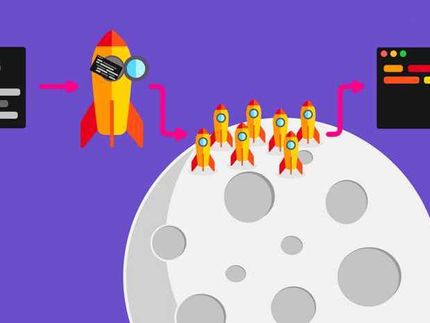Why artificial intelligence doesn’t really exist yet
Advertisement
The processes underlying artificial intelligence today are in fact stupid. Researchers from Bochum are attempting to make them smarter.

Recognising images that they’d never seen before is a difficult task for the machines of today.
© Roberto Schirdewahn
Radical change, revolution, megatrend, maybe even a risk: artificial intelligence has penetrated all industrial segments and keeps the media busy. Researchers at the Ruhr-Universtität Bochum (RUB) Neural Computation Institute have been studying it for 25 years. Their guiding principle is: in order for machines to be truly intelligent, new approaches must first render machine learning more efficient and flexible.
Always include the solution
“There are two types of machine learning that are successful today: deep neural networks, also known as deep learning, as well as reinforcement learning,” explains Professor Laurenz Wiskott, Chair for Theory of Neuronal Systems. Both are based on training the system to perform a specific task, e.g. to make a decision. During training, the desired result is provided alongside the task. In the course of time, the computer learns to solve the task accurately faster and faster – in many cases much better than humans.
Basically completely dumb
But: “The problem with these machine learning processes is that they are basically completely dumb,” says Laurenz Wiskott. “The underlying techniques date back to the 1980s. The only reason for their current success is that today we have more computing capacity and more data at our disposal.” Because of this, it is possible to quickly run the virtually inefficient learning processes innumerable times and feed neural networks with a plethora of images and image descriptions in order to train them.
“What we want to know is: how can we avoid all that long, nonsensical training? And above all: how can we make machine learning more flexible?” as Wiskott succinctly puts it. Artificial intelligence may be superior to humans in exactly the one task for which it was trained, but it cannot generalise or transfer its knowledge to related tasks.
New approaches for machine learning
This is why the researchers at the Neural Computation Institute are focusing on new strategies that help machines discover structures autonomously. Tasks may for example include forming clusters or detecting and evaluating gradual changes in videos. Such unsupervised learning enables computers to explore the world autonomously and to tackle tasks for which they had not been trained in detail.































































